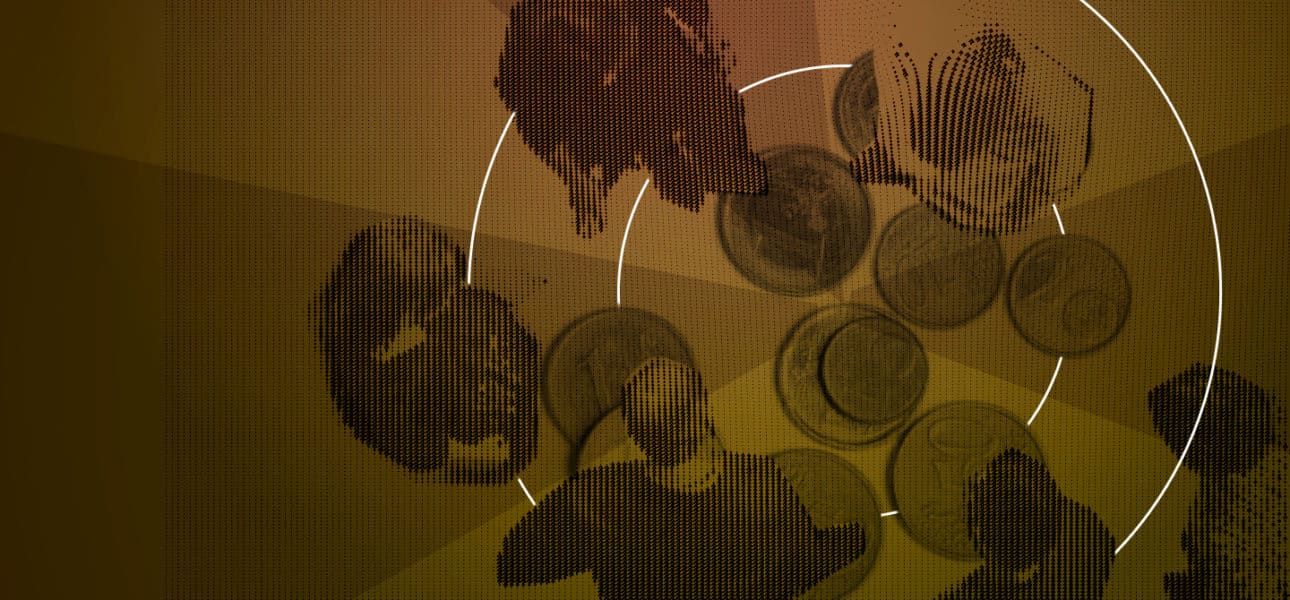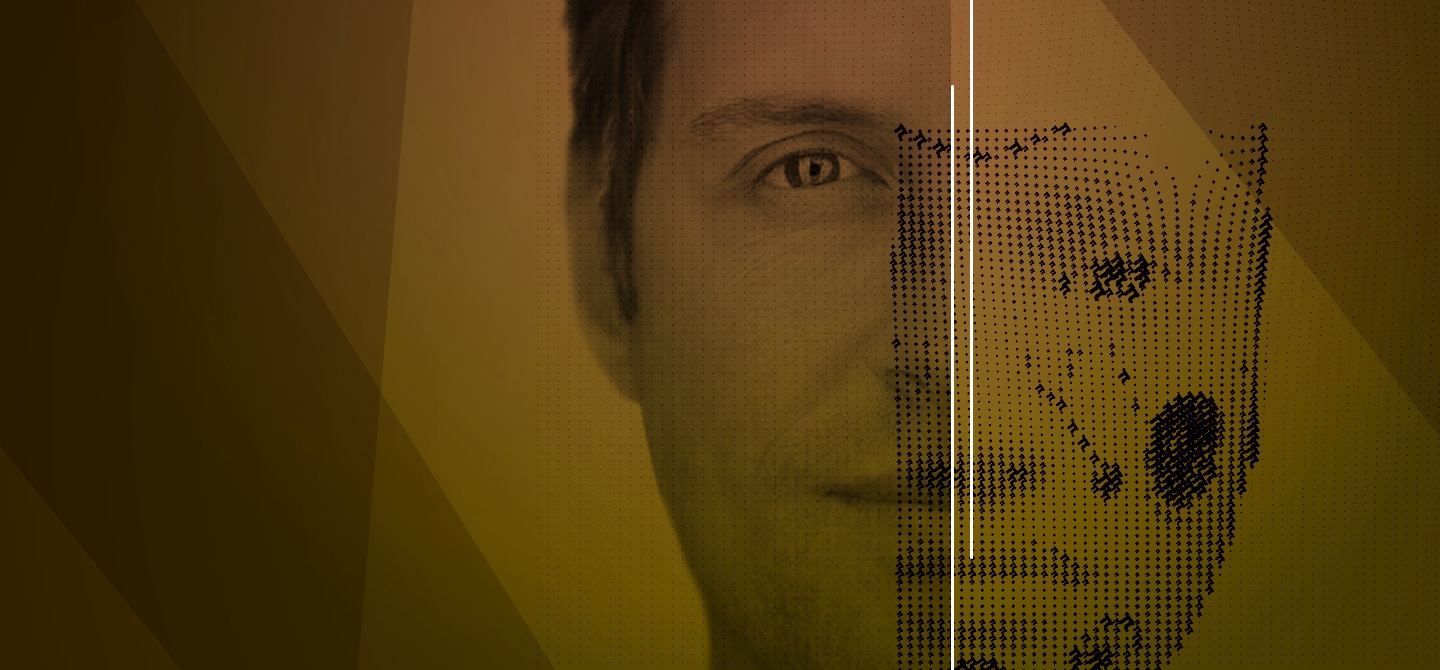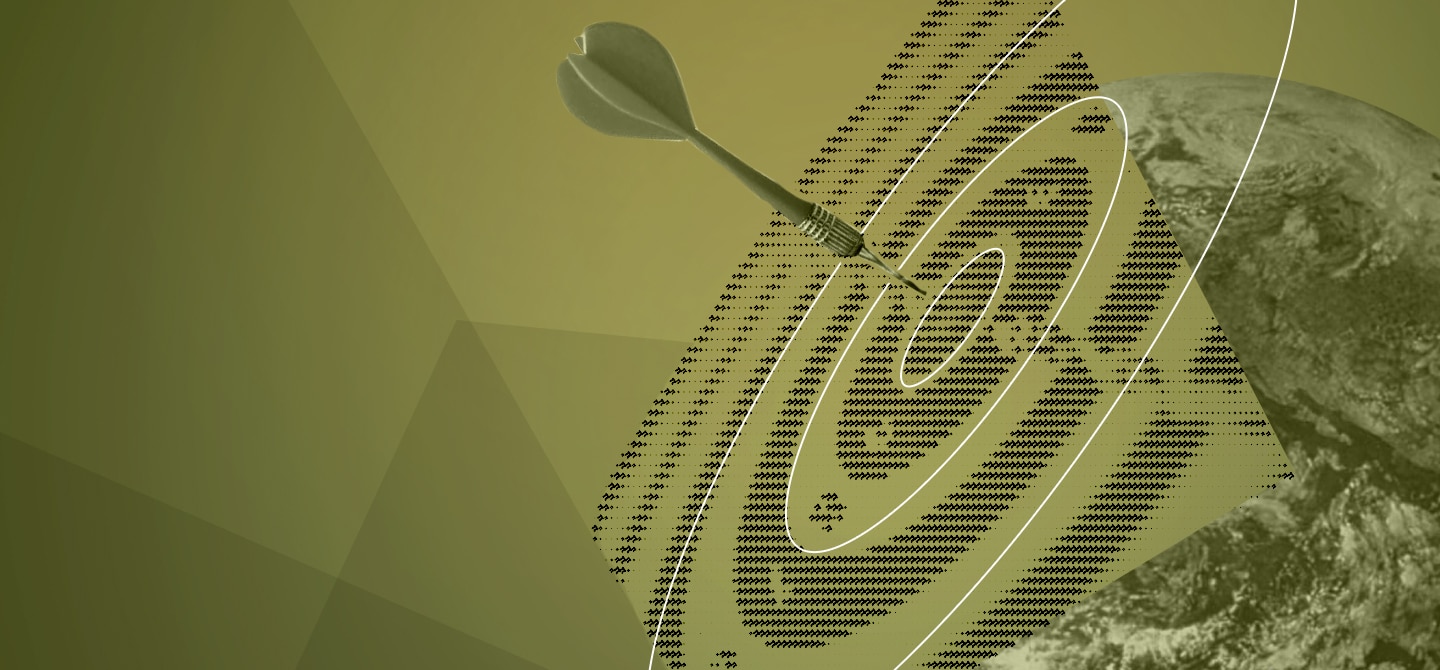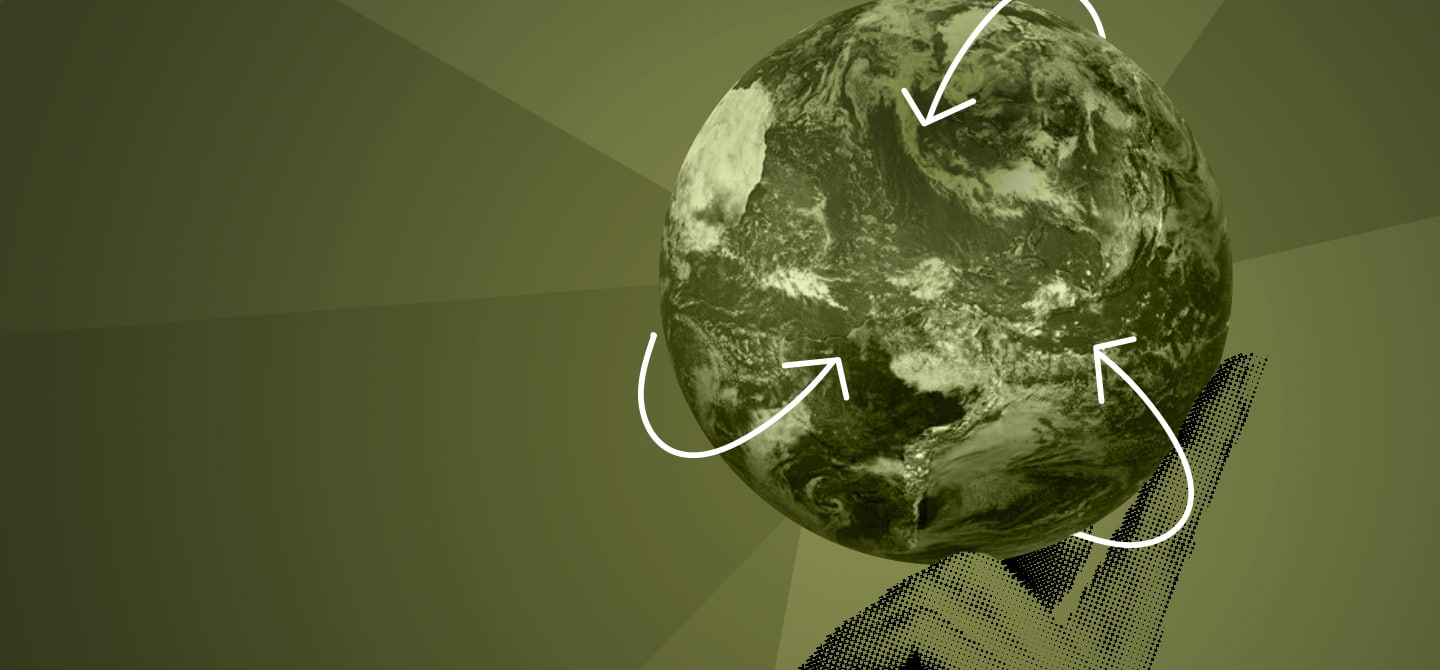The emergence of web3 is leading to the development of new organisational models. Will management jobs be reinvented as a result?
Adrien Book. Fascinating and interesting developments are taking place in this field. But let’s be clear from the outset that what is happening is not the disappearance of the world we know, but the emergence of a wider range of companies, with a wider range of working methods. And these methods disrupt a few habits and set patterns.
Web1 brought us new ways of consuming content, on websites. With web2 we were able to participate, interact, share content on digital platforms: we were “at home”. What is new with web3 is that we have ownership of what we read and write. Web3 gives us organisational power: we can create an ecosystem around a subject, and organise people around that subject.
The central concept here is DAOs: decentralised autonomous organisations, made technically possible by blockchain.
DAOs are a group of people who come together to make decisions in the digital world. They do this with the help of two key tools. First, the rules that govern the organisation are expressed as a series of digital “if/then” statements that are encoded directly into a blockchain, making them both auditable and permanent. Then, voting shares are issued and allocated to stakeholders in the form of “digital governance tokens”, also registered on a blockchain.
DAOs are basically self-organising digital communities. People voluntarily come together around a set of shared values and work together to advance their agenda, with the help of smart contracts. It’s an emergent logic: you start with a mission, and the organisation will slowly emerge around it.
So, you don’t choose your employees?
These new digital organisations do not have a recruitment process. And, rather than employees, you have contributors.
In practice, DAOs today are made up of two types of people: primary contributors and secondary contributors. As most DAOs work without permission, anyone can work on them because their code, smart contracts and lists of contributors are transparently accessible to everyone. You can join the Discord server of any DAO and start writing code.
You come in and start working on what you can do and what needs to be done. One of the most interesting aspects of this system is that once someone regularly adds value, they are likely to be asked to join the team of senior contributors. No more CVs, no more cover letters: the bottom-up model and optional DAO membership reverses the talent search model.
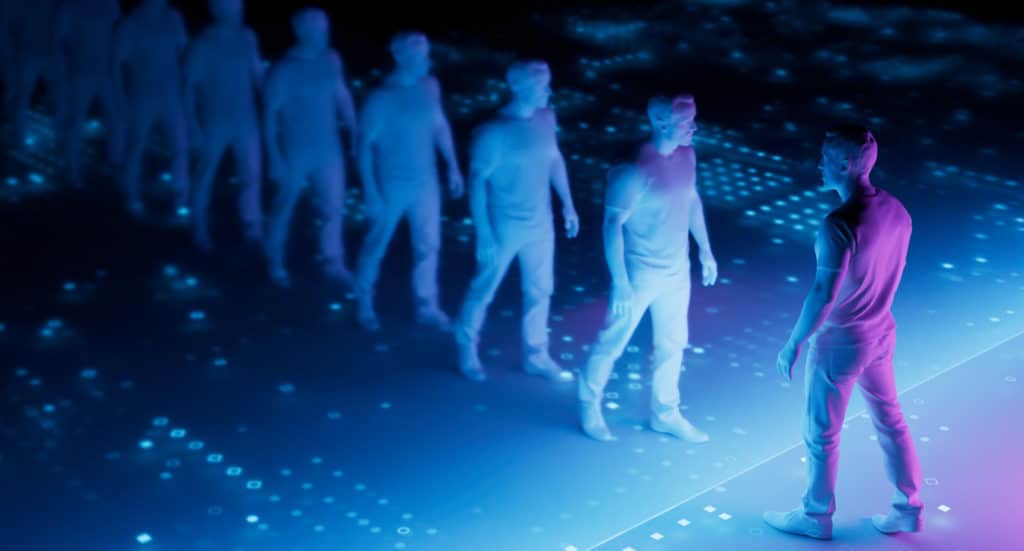
This is a big step forward for three reasons. Firstly, we know that traditional selection processes have a negative impact on minorities because of deep-rooted prejudices. By eliminating these, we can focus on ability. Secondly, this measure is part of the trend towards flexible work initiated (for better or for worse) by the “gig economy”. Finally, it can contribute to a partial reduction of frictional unemployment since there is no time lag between the wish to work and the start of the job.
To imagine these new organisations, imagine that you are working on a film. Directors, producers, actors, production assistants, art directors, props people, camera people and sound engineers get together for a project. When the project is finished, they split up and go to work on different films. In DAO, the same can be said of developers, community managers, accountants, consultants… In addition, contributors can work for one or more DAOs.
How do you get paid?
The DAO sells services or products and sets aside part of the revenue generated for salaries and rewards. As contributors do not have a contract, there is no conventional way of deciding what everyone should receive fairly. Instead, many DAOs are turning to tools such as Coordinape to address this challenge. These solutions allow organisations to create “circles” of contributors (the equivalent of teams). Each member of the circle receives points and allocates them to other members over a period of time. The higher the perceived value of the work done during this period, the more points are received, and the higher the financial reward.
In this system, one token is equal to one vote. Unlike traditional companies, everyone has a vote in proportion to their participation in the project. Customers, who must buy tokens to access a DAO’s offerings, are also able to vote on its direction. Your customers become your colleagues… or even your bosses if they buy enough tokens! Obviously, there will be a learning curve for this new type of management. Nevertheless, there is potential for a real paradigm shift.
DAOs solve some of the problems associated with open-source projects, which are often plagued by the issue of compensation. People who use a DAO must get a token to access it, which pays contributors, but also gives users a voice in the decision-making process. In essence, this means that people will be able to earn a living (or close to it), while working on things they are passionate about.
It is a global and asynchronous way of working. By definition, all you need is an Internet connection to get access and to work.
You say that with the DAOs, web3 gives us organisational power. But isn’t the idea of management wavering?
In the sense in which we know it, i.e. embodied in a hierarchical chain or pyramid, with “management” at the top, yes. But organisation, governance and management are realities that are detached from the figure of the “manager” to reconfigure and redefine themselves in different terms. For example, DAOs are both transparent and anonymous, thanks to the use of blockchains and smart contracts. All decisions and actions can be audited.
It is not only the figure of the ‘boss’ that disappears in this model, but also that of our “colleagues”. This is both a challenge and an opportunity. The workplace is a place of socialisation, and the lack of physical community and common identity can be troubling. But organisations can respond by becoming more active and deliberative when it comes to team building. Similarly, self-management can be uncomfortable for many of us, but perhaps we are just not used to it yet.



